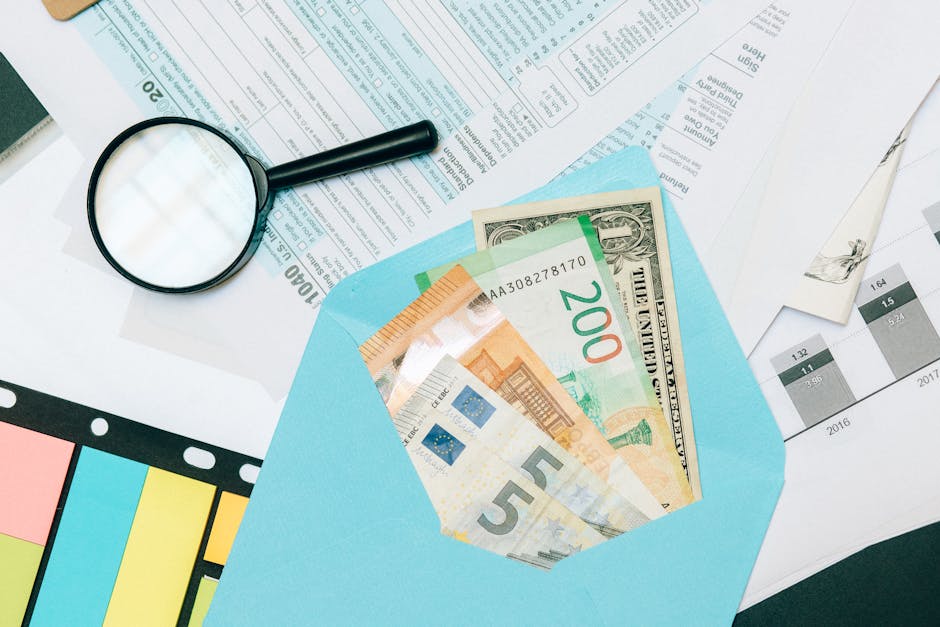
As we approach 2025, investors both in Sweden and internationally are keen on understanding the best strategies for optimizing their tax liabilities in Sweden’s financial landscape. With a complex tax system governed by unique regulations, mastering Swedish investment tax strategies can be pivotal in maximizing returns. This guide aims to equip you with the essential knowledge needed to navigate Swedish investment taxes effectively.
Understanding Sweden’s Tax System
Sweden is known for its comprehensive tax system, which can be challenging to understand without a solid grasp of its fundamentals. The Swedish Tax Agency (Skatteverket) manages tax matters, focusing on transparency and efficiency. Taxes are a crucial part of Sweden’s social welfare system, offering extensive public services funded by taxpayer contributions.
Capital Gains Tax in Sweden
Capital gains tax is levied on the profit generated from the sale of assets such as stocks, bonds, and real estate. In Sweden, as of 2025, the capital gains tax on shares and securities remains at 30%. However, this can vary based on certain conditions and specific types of investments.
- Stocks and Mutual Funds: Gains from stocks and mutual fund transactions are subject to a flat 30% tax.
- Real Estate: Real estate sales are taxed at a slightly lower rate of 22% on the profit realized.
Investment Accounts: ISK and KF
Sweden offers specialized investment accounts that provide more favorable tax treatments compared to ordinary accounts.
Investeringssparkonto (ISK)
The ISK, or Investment Savings Account, is popular among Swedish investors for its tax efficiency and simplicity. Unlike traditional accounts, taxes on ISK are based on a standard return rate set by the government, irrespective of actual gains or losses. The notional income is generally lower than the actual return rate, thus reducing tax liabilities.
Kapitalförsäkring (KF)
Kapitalförsäkring, or Capital Insurance, is another advantageous option for managing investments. Similar to the ISK, it allows investors to pay a lower flat tax rate on notional income rather than actual gains. KF is particularly beneficial for those who invest in foreign assets, as it simplifies tax reporting and may offer better inheritance planning options.
Dividend Taxation
Dividends from Swedish companies are taxed at 30% for domestic investors. However, for foreign investors, the tax rate might differ due to bilateral tax treaties. It is important to review the specific treaty between Sweden and the investor’s home country to understand the applicable tax rate on dividends.
Tax Deductions and Credits
To optimize tax liabilities, investors should be aware of available deductions and credits. These can significantly impact net returns and are crucial aspects of tax planning in Sweden.
- Interest Expenses: Interest paid on loans for purchasing shares or other investment assets can often be deducted from taxable income.
- Loss Offset: Investors can offset capital losses against capital gains in the same year, which can lower overall tax liability.
- Pension Savings: Contributions to approved pension schemes may be deductible under specific conditions, offering tax benefits while planning for retirement.
International Tax Considerations
International investors should be mindful of double taxation agreements (DTAs) between Sweden and their home country, which can influence tax obligations. These agreements often prevent dual taxation on the same income, making it crucial to understand each country’s specific rules.
Furthermore, foreign tax credits may be available to offset Swedish taxes paid, but investors should consult with tax professionals to fully utilize these opportunities.
FAQ
Q: What is the standard capital gains tax rate for investments in Sweden? The standard capital gains tax rate for most investments, including stocks and securities, is 30%. However, real estate gains are taxed at a rate of 22%.
Q: How do ISK and KF accounts differ in terms of taxation? Both ISK and KF offer tax advantages by taxing notional income instead of actual gains, reducing effective tax rates. ISK is often preferred for its simplicity, while KF may offer additional benefits for foreign investment and estate planning.
Q: Are there any tax benefits for contributing to pension plans in Sweden? Yes, contributions to certain approved pension schemes can provide tax deductions, which can reduce overall taxable income and aid in retirement planning.
Q: Can foreign investors benefit from Sweden’s tax treaties? Absolutely. Sweden has numerous tax treaties in place to prevent double taxation and reduce withholding tax rates on dividends for foreign investors. Checking the specific treaty details is advisable.
Q: What should I consider when investing in Swedish real estate? When investing in real estate, consider the 22% capital gains tax rate, potential deductions for interest payments, and the implications of property taxes, which vary based on location and property type.
Conclusion
Mastering Swedish investment tax strategies can be the key to maximizing your returns and ensuring compliance with Swedish tax laws. By understanding the nuances of capital gains, dividend taxation, specialized investment accounts, and international tax treaties, investors can effectively minimize their tax burden. Always consult with a qualified tax advisor who can offer personalized guidance tailored to your unique financial situation and investment goals. With the right strategies in place, you can confidently navigate the Swedish tax system and make the most of your investment opportunities.


